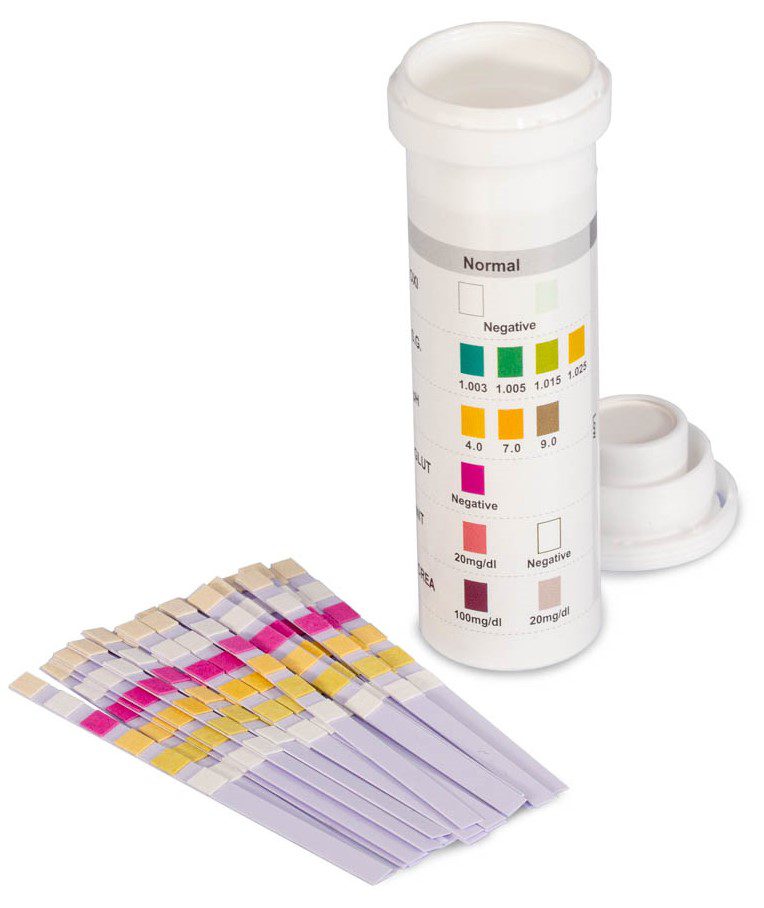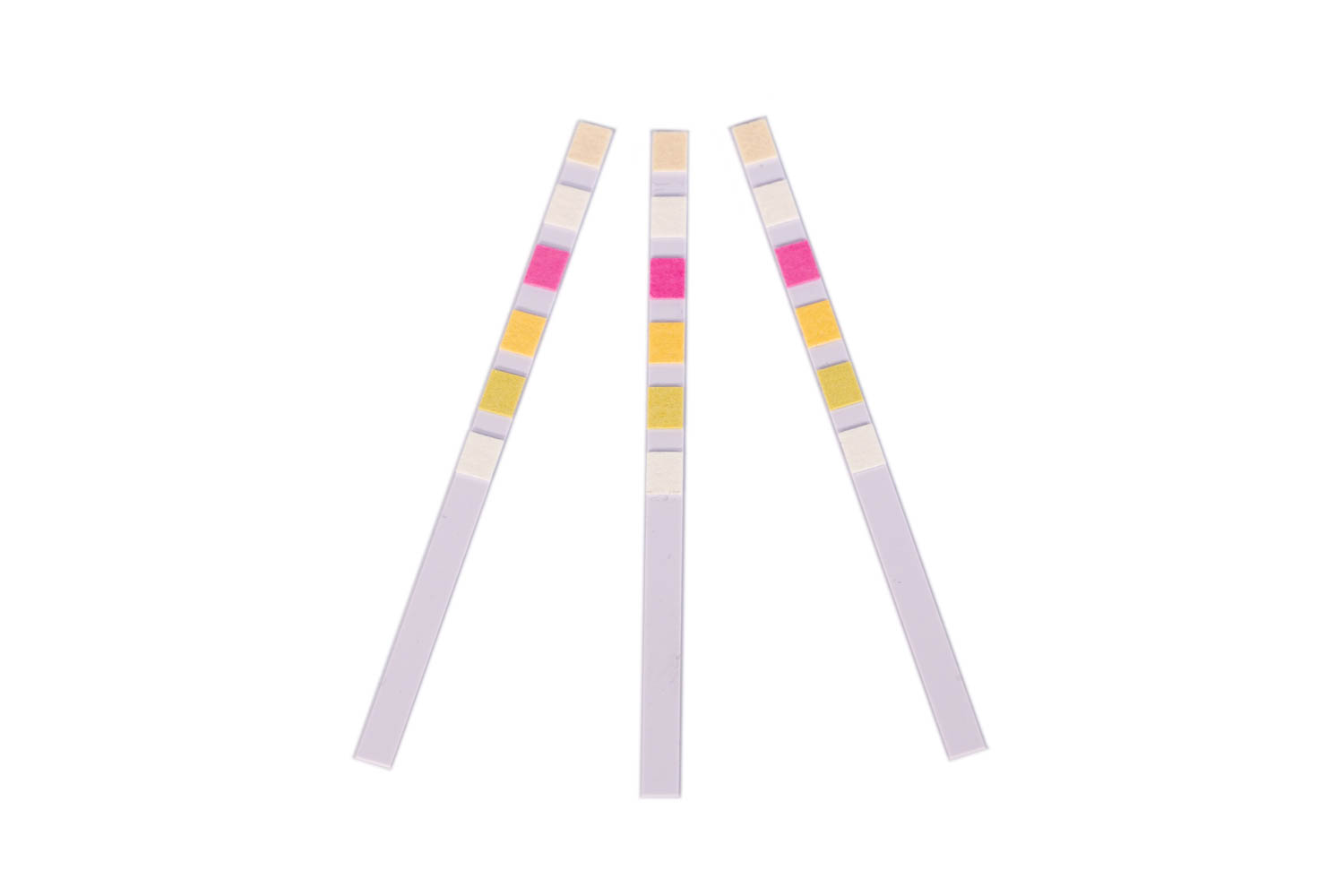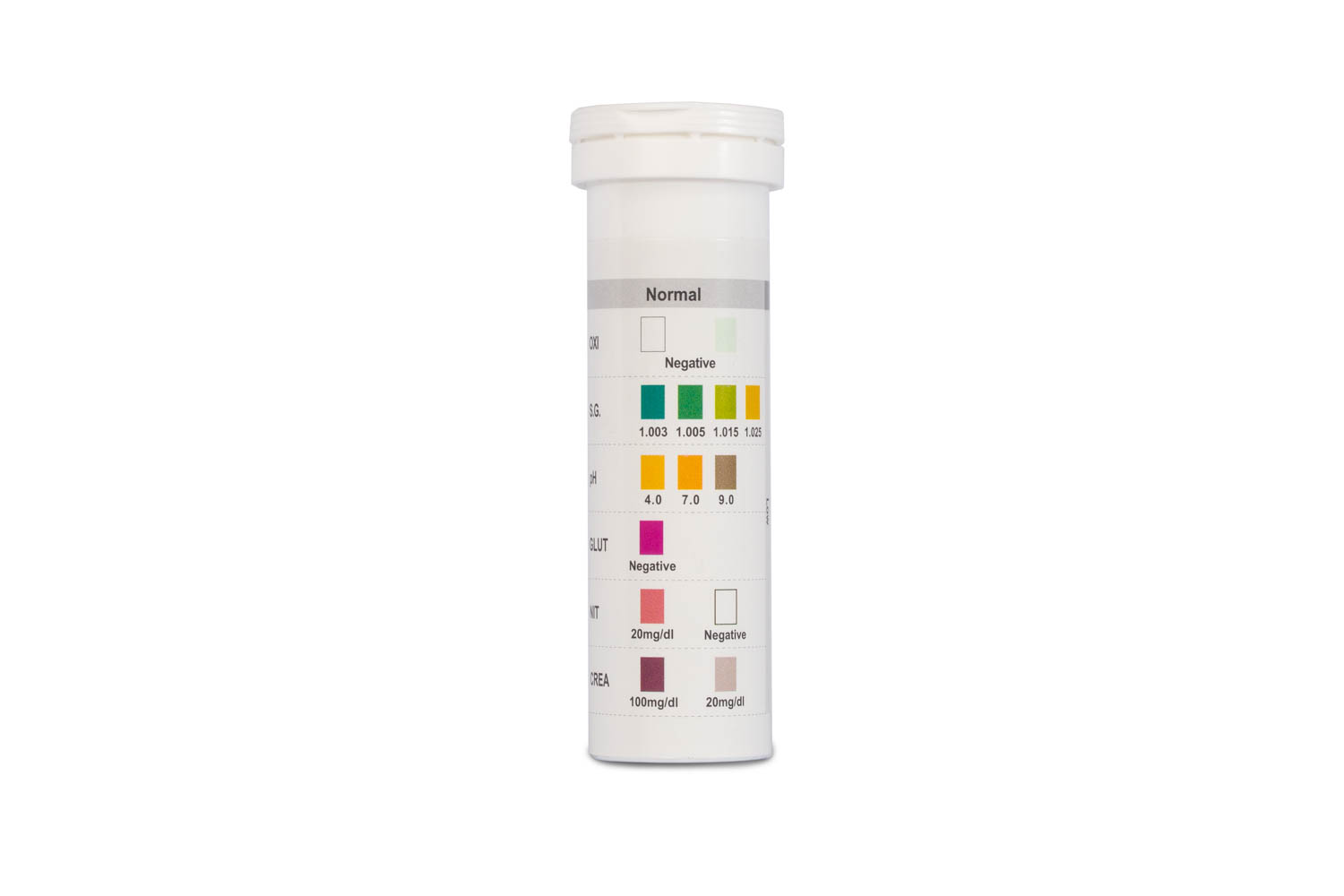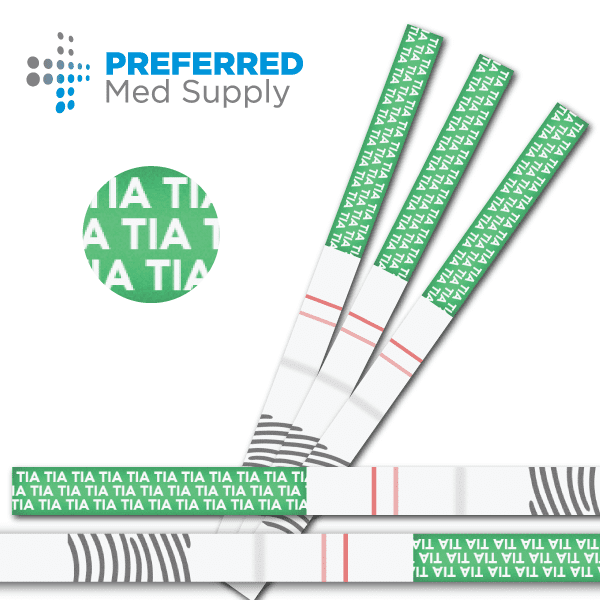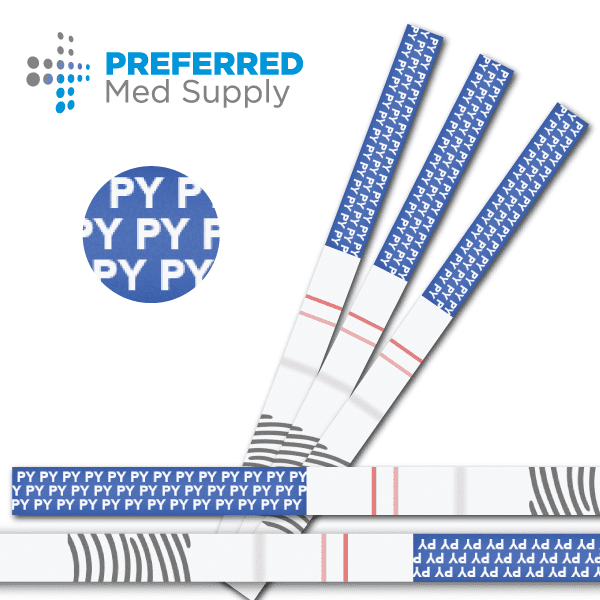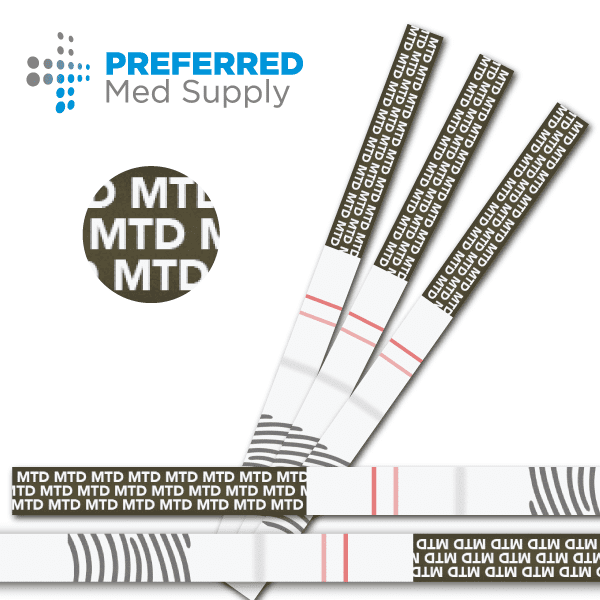Adulterant Drug Test Strips
$19.75 – $75.00
product description
One of the best ways to test for adulteration or dilution is to determine certain urinary characteristics such as pH and specific gravity and to detect the presence of oxidants/PCC, specific gravity, pH, nitrite, glutaraldehyde and creatinine in urine.
Some of our urine cups are equipped with integrated temperature and adulteration strips; however, you can also buy these separately for use with any of our urine tests.
Oxidants/PCC (OXI/PCC)
(Pyridinium chlorochromate) tests for the presence of oxidizing agents such as bleach and hydrogen peroxide. Pyridinium Chlorochromate is a commonly used adulterant.2 Normal human urine should not contain oxidants or PCC.
Specific Gravity (SG)
Tests for sample dilution. The normal range is from 1.003 to 1.030. Values outside this range may be the result of specimen dilution or adulteration.
pH
Tests for the presence of acidic or alkaline adulterants in urine. Normal pH levels should be in the range of 4.0 to 9.0. Values outside of this range may indicate the sample has been altered.
Nitrite (NIT)
Tests for commonly used commercial adulterants such as Klear or Whizzies. They work by oxidizing the major cannabinoid metabolite THC-COOH.3 Normal urine should contain no trace of nitrite. Positive results generally indicate the presence of an adulterant.
Glutaraldehyde (GLUT)
Tests for the presence of an aldehyde. Adulterants such as UrinAid and Clear Choice contain glutaraldehyde which may cause false negative screening results by disrupting the enzyme used in some immunoassay tests.2 Glutaraldehyde is not normally found in urine; therefore, detection of glutaraldehyde in a urine specimen is generally an indicator of adulteration.
Creatinine (CRE)
Creatinine is a waste product of creatine, an amino acid contained in muscle tissue and found in urine.1 A person may attempt to foil a test by drinking excessive amounts of water or diuretics such as herbal teas to “flush” the system. Creatinine and specific gravity are two ways to check for dilution and flushing, which are the most common mechanisms used in an attempt to circumvent drug testing. Low creatinine and specific gravity levels may indicate dilute urine. The absence of creatinine (< 5 mg/dL) is indicative of a specimen not consistent with human urine.
Best Tips to Avoid Adulteration:
Develop tamper-proof collection site
Limit access to water (8oz per hour)
Directly observe the collection which is the most effective approach to preventing substitution and adulteration
Visually inspect sample
Check specimen temperature
Do not announce or post screenings in advance
additional information
| Weight | 1 lbs |
|---|---|
| Dimensions | 8 × 6 × 4 in |
| Quantity | Box (25), Case (100) |
related Products
$37.50 – $150.00
$33.75 – $135.00
$18.75 – $75.00

